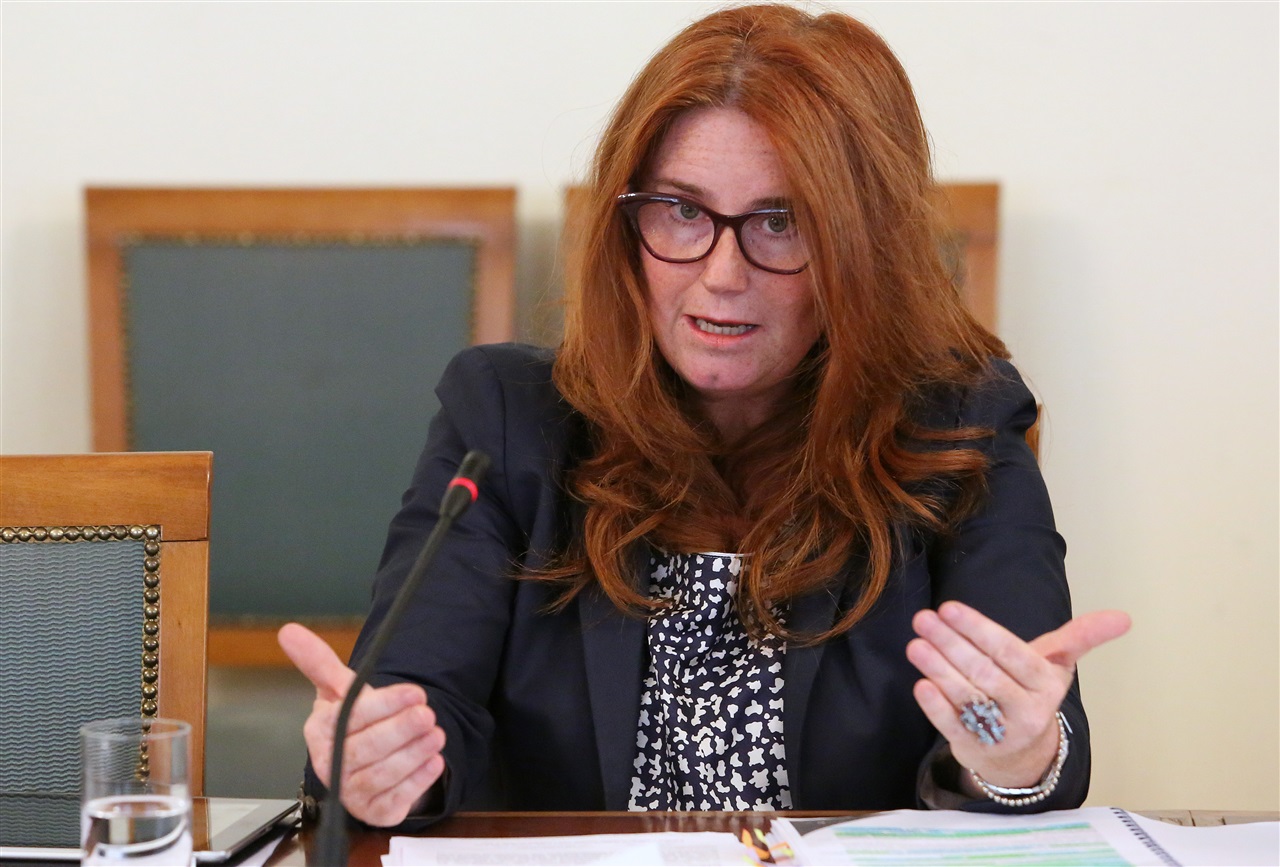
Zagreb - Italy as the EU President wants to be a catalyst of political changes which should ensure sustainable growth in the European Union and restore citizens' trust damaged by the economic crisis, Italian Ambassador to Croatia Emanuela D'Alessandro said in Zagreb on Monday. D'Alessandro was addressing the Croatian Parliament's Committee on European Affairs, presenting the programme of her country's six-month presidency of the EU.
She underlined economic growth and employment, restoration of EU citizens' trust, and foreign policy as the three main priorities. Given that more than 20 million people in the EU are unemployed, encouraging economic growth and employment, notably of young people, will be the first priority of the Italian EU Presidency, together with the promotion of structural reforms in the member-countries, she said.
Italy wants the EU's economic policy to shift from austerity to stimulation of growth through a more flexible application of fiscal discipline rules, the ambassador said, but noted that her country would not request changing rules on the maximum budget deficit of below 3% of GDP.
The Italian Presidency will insist on the implementation of the Youth Guarantee scheme, launch a medium-term review of the strategy Europa 2020, work on completing the single market, encouraging reindustrialisation, small and medium entrepreneurship and digital development, fighting climate change and reducing the EU's energy dependence on Russia, and work on sustainable development in general, said D'Alessandro.
The issue of immigration has special importance for Italy, as it does for other southern member-countries, and Italy will insist on European solidarity and fair distribution of that burden, she said.
As regards foreign policy, Italy's focus will be on its immediate neighbourhood, the Mediterranean, northern Africa, the Middle East, Syria and Libya, D'Alessandro said, but noted that one of the main priorities would be the EU's enlargement to Southeast Europe.
Italy as the EU President will continue accession talks with Serbia and Montenegro, as well as with Turkey, while Bosnia and Herzegovina is expected to persist in implementing reforms so that it could apply for EU membership. Italy also supports the integration of Kosovo, Albania and Macedonia with the EU, she said.
The implementation of the strategy for the Adriatic-Ionian micro-region is expected to start by the end of the year, involving four EU members - Croatia, Slovenia, Italy and Greece, and four neighbouring countries - Bosnia and Herzegovina, Montenegro, Serbia and Albania, she said.
As for the crisis in Ukraine, the Italian EU Presidency advocates normalisation of the situation in that country and will work on the implementation of the Association Agreements and on free trade with Ukraine, Georgia and Moldova.
Italy considers Russia a strategic partner to the EU in dealing with regional and global issues and advocates revitalisation and strengthening of relations with that country, D'Alessandro said.